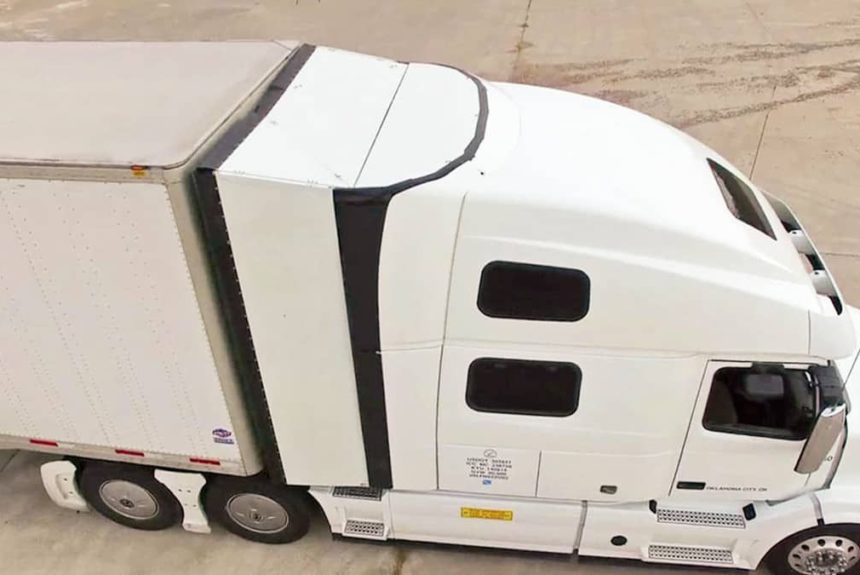California was once the land of opportunity and innovation. As the home of Silicon Valley, Vandenberg Air Force Base (now Space Force Base) and, of course, Hollywood, what happened in the Golden State soon ended up improving lives in every other state.
But the opposite of that can be true too. California’s bad ideas can also spread far and wide.
For example, California has, by far, the highest fuel prices in the nation. Recently gas was $4.50 a gallon there when it was $3.10 a gallon nationwide (and that average price would be lower if you took out California’s abnormally high number).
It wants to export those prices to other states and drive up their prices as well. Luckily that isn’t working. “California gasoline prices are generally higher and more variable than prices in other states because relatively few supply sources offer California’s unique blend of gasoline outside the state,” according to the U.S. Energy Information Administration.
However, it has managed to impose vehicle emission standards on other states. It does this through the back door.
“The Clean Air Act establishes a federal program for regulating vehicle emissions, and expressly prohibits states from enacting their own emissions regulations,” the Center for Environmental Accountability writes. Yet the EPA is allowed to grant California a waiver around that rule. “Because California is the nation’s largest economy, and because other states follow its lead, California’s emissions regulations often become de facto national standards.”
Now California wants to impose its Electric Vehicle mandates on everyone else as well.
The state has implemented rules demanding “Advanced Clean Fleets” of trucks. ACF demands that owners retire their existing trucks and purchase vehicles with electric drivetrains. In an odd violation of federalism, the mandate applies even to fleets based in other states if a single one of their trucks crosses the California border during the calendar year.
California didn’t bother to apply for an EPA waiver until after it had imposed the restrictions. Now, it is asking for a waiver. But the federal government shouldn’t grant it. Section 209(a) of the Clean Air Act makes it illegal for states to “adopt or attempt to enforce any standard relating to the control of emissions from new motor vehicles.”
In a federal lawsuit challenging California’s authority to issue ACF, the American Free Enterprise Chamber of Commerce points out that “EPA lacks clear authorization to mandate electrification of the trucking industry.” That is because Congress has not mandated electrification, so EPA cannot do so either, nor can it cooperate with California to do so.
The American Free Enterprise Chamber of Commerce isn’t alone. The California Trucking Association and 17 state governments have also filed separate federal lawsuits in California. The courts should uphold those suits and block California. Washington makes federal laws, not Sacramento.
California is attempting to mandate the creation of new, low-emission technology. But “there is no realistic path for truck manufacturers to scale production such that more than a minuscule fraction of covered fleets could comply with the high-priority rule’s default option, or the drayage rule,” the American Free Enterprise Chamber of Commerce writes. “They are technologically infeasible.”
But infeasibility alone might not be enough to stop EPA from granting a waiver. Given former President Trump’s victory, regulators may rush a decision before January 20th. With eight of California’s emissions standards still pending approval and concerns that the future Trump administration could block electrification mandates, Governor Newsom has called a special legislative session to protect “California values.” This session may include securing electrification mandates before the next EPA potentially denies waivers. However, that would be a mistake.
No matter how you feel about the recent presidential election, the people have spoken. The outgoing administration shouldn’t attempt to pile on new regulations or issue questionable waivers on its way out the door. Instead, the new administration has a mandate–from voters–to make key decisions from now on. That includes decisions on whether or not to grant Clean Air Act waivers.
California remains a leader in many ways, and it will certainly develop plenty of technology that will improve American life. That may include electric trucks. But it can’t mandate the impossible, and it shouldn’t be allowed to rework federal laws. Californians, and EPA, should stay in their lane.
The views and opinions expressed are those of the author’s and do not necessarily reflect the official policy or position of C3.
